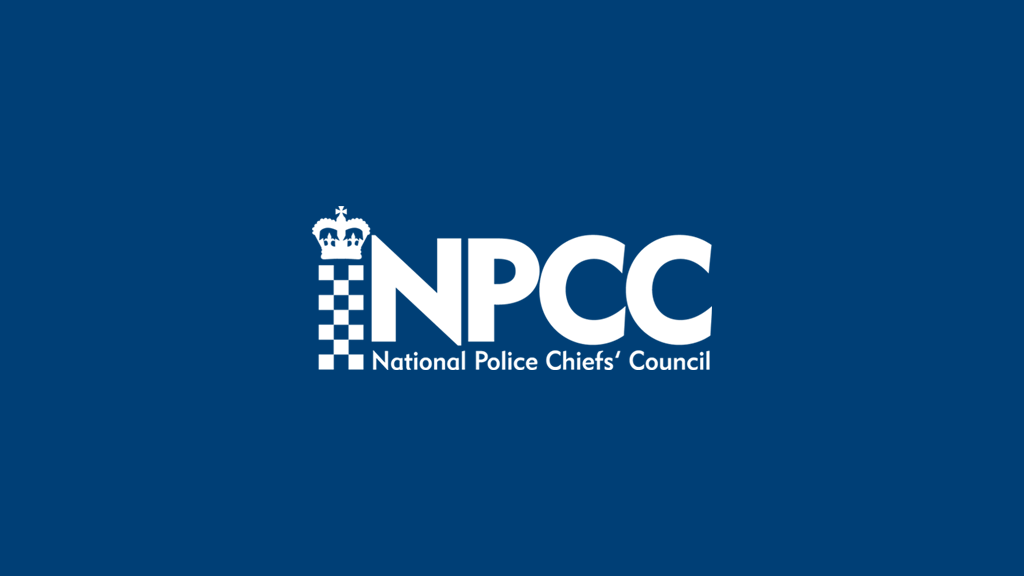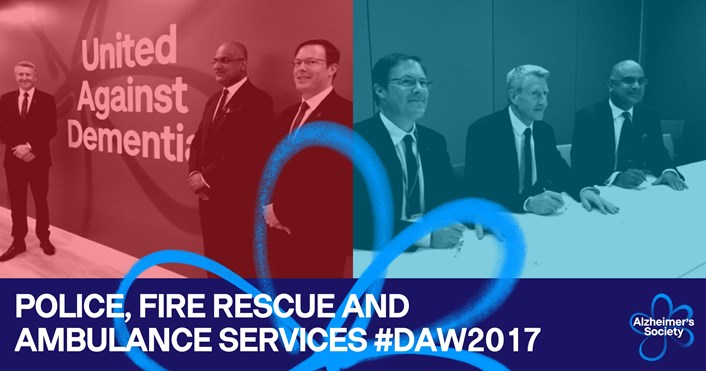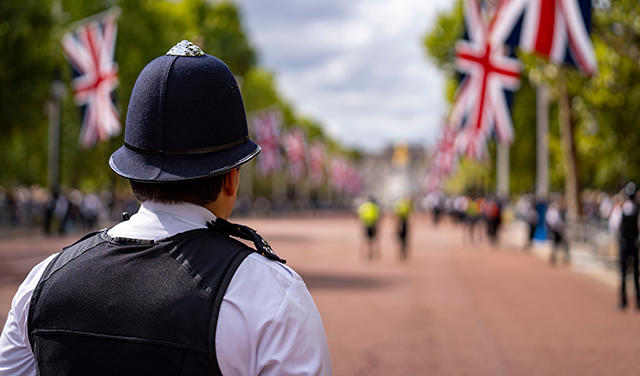News
-

Drug testing at music festivals
There has been no proposed national roll-out of drug testing at festivals, this would need to be considered at a local level by the police force, local authority and health services.
-

Emergency services unite to be dementia friendly for Dementia Awareness Week
Today (Thursday 18 May), the National Fire Chiefs’ Council (NFCC), The National Police Chiefs’ Council (NPCC) and the Association of Ambulance Chief Executives (AACE) met with leading dementia charity Alzheimer’s Society to sign a strategic commitment to work towards being dementia friendly organisations.
-

Help us building a fitting UK Police Memorial
Police chiefs are supporting a national campaign launched today (17th May) to raise funds to build a new UK Police Memorial at the National Memorial Arboretum (NMA) in Staffordshire.
-

-

Coordinated police operation underway to retest manipulated forensic tests from Randox Testing Services
A police probe into data manipulation by two individuals working at Randox Testing Services (RTS) has uncovered that data which supports in excess of 6000 toxicology samples could have been impacted by that manipulation.
-

Public ACT following call from Counter Terror police
More than 3000 people have contacted the police with information about possible terrorist activity since a campaign to encourage more calls from the public was launched in March.
-

Latest crime statistics indicate better reporting to police, but some increases in violent crime
The latest crime figures released by the Office for National Statistics paint a complex picture of crime levels across England and Wales
-

NPCC response to State of Policing 2016
Chief officers have responded to "State of Policing 2016", the annual assessment of policing in England and Wales based on inspections carried out by Her Majesty's Inspectorate of Constabulary (HMIC) between February 2016 and March 2017.
-

Firearms officers shooting at moving vehicles
National Police Chiefs' Council Lead for Armed Policing, DCC Simon Chesterman, explains the change in guidance for firearms officers shooting at moving vehicles.
-

More firearms officers ready to protect the public
There are 640 more firearms officers protecting the public in England and Wales than this time last year.
-

Latest figures on Taser use show more uses but fewer discharges
Police officers trained to use Taser continue to engage their training to defuse dangerous situations without resorting to firing the weapon.
-

Police Chiefs' Blog: CC Sara Thornton - Chief Constables' Council April 2017
For our April meeting we travelled to Durham with a focus on reform and welcomed two guests; Dame Vera Baird, Chair of the APCC and Commissioner Erik Akerboom of the Netherlands Police, to speak to us about their organisations.

